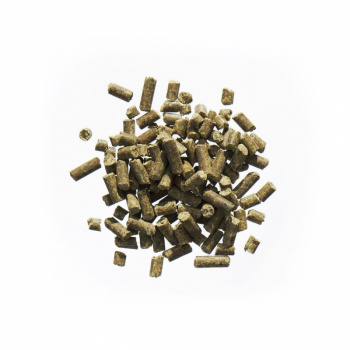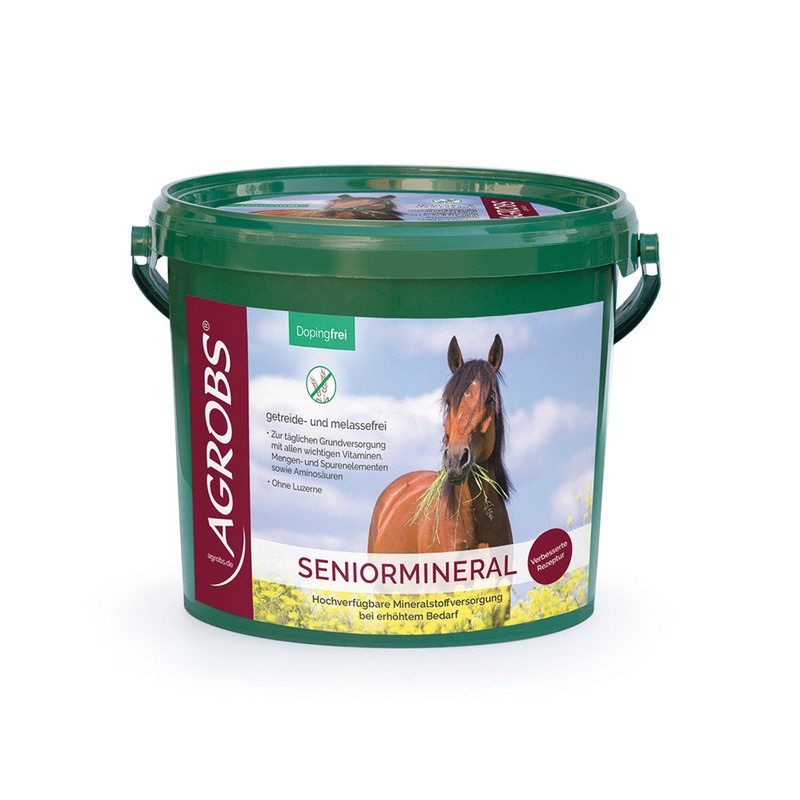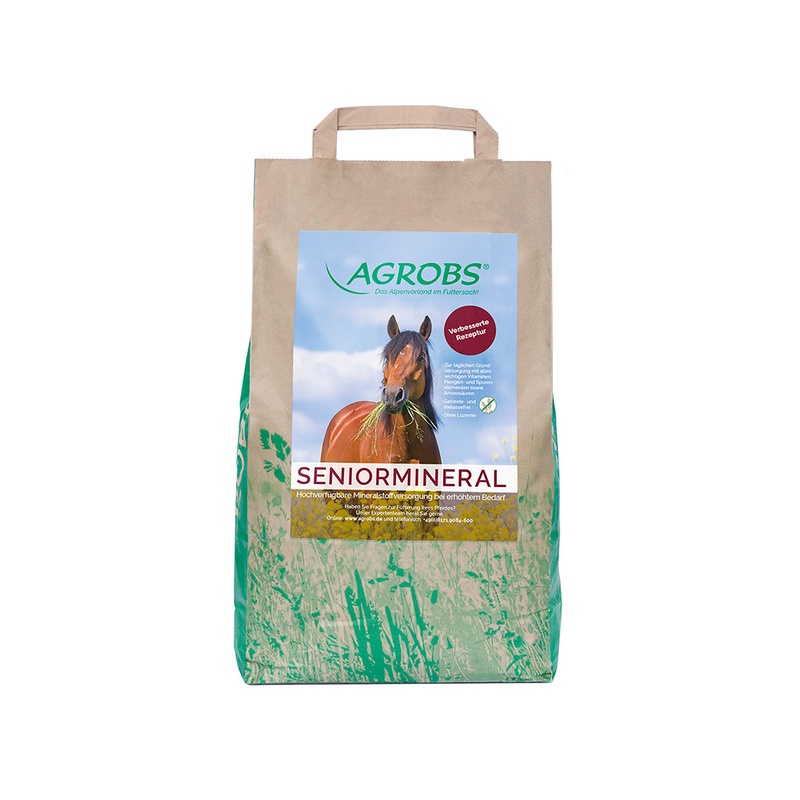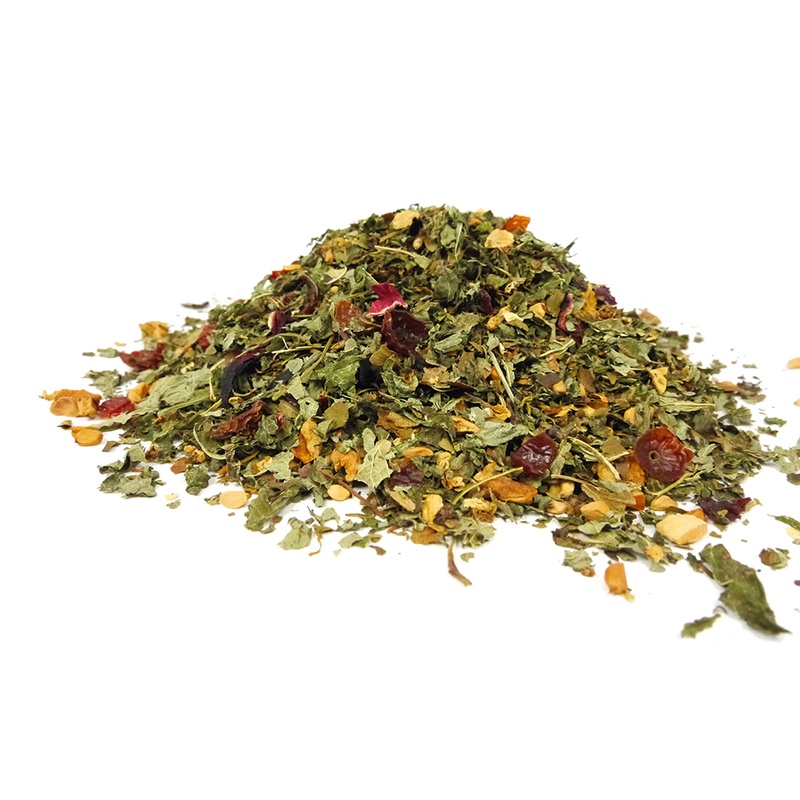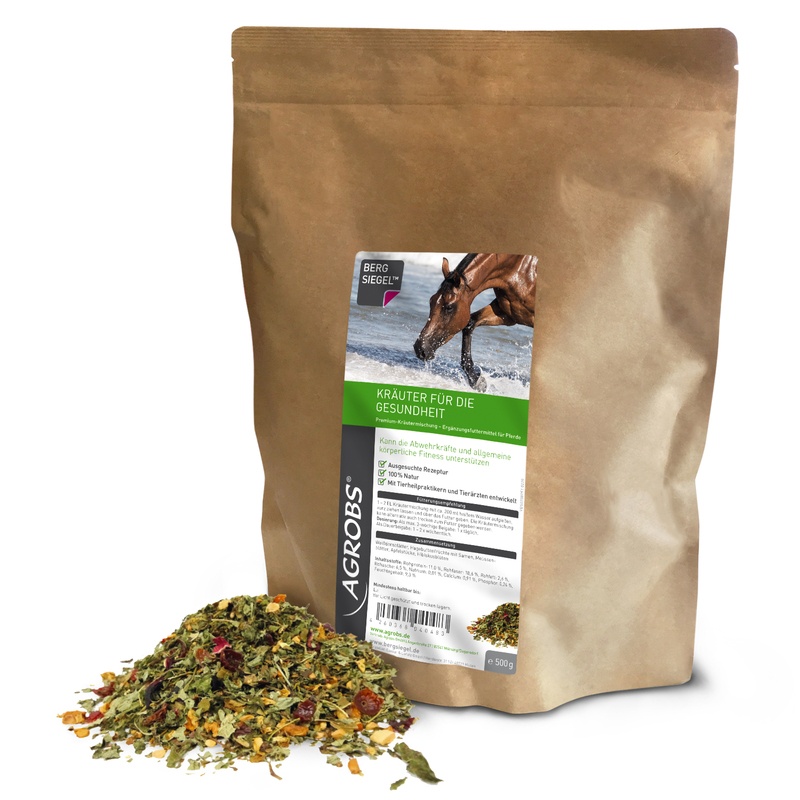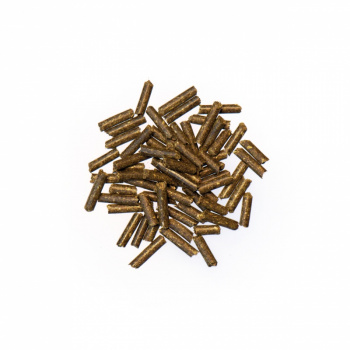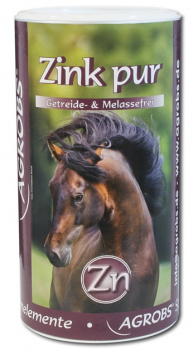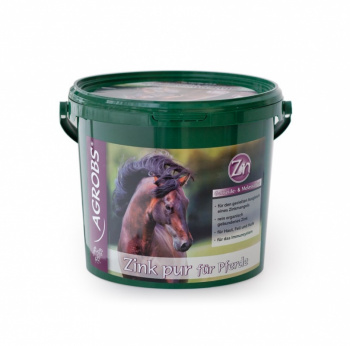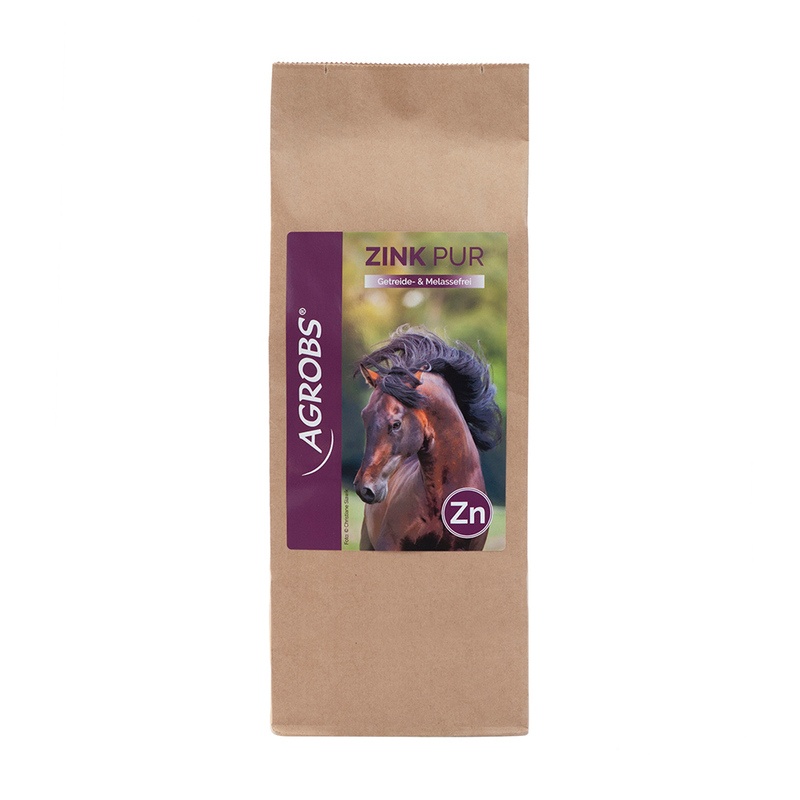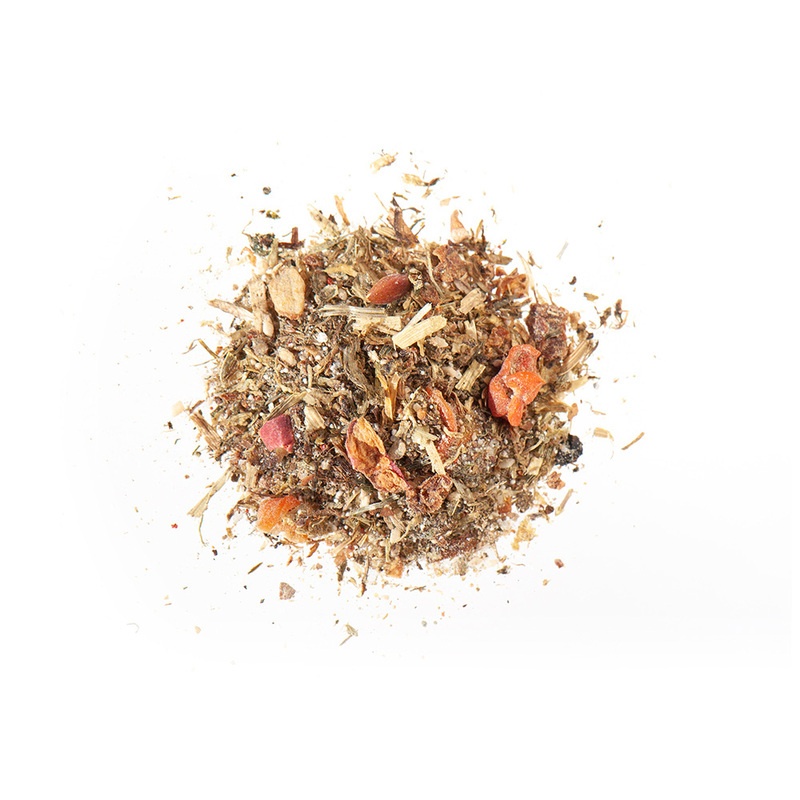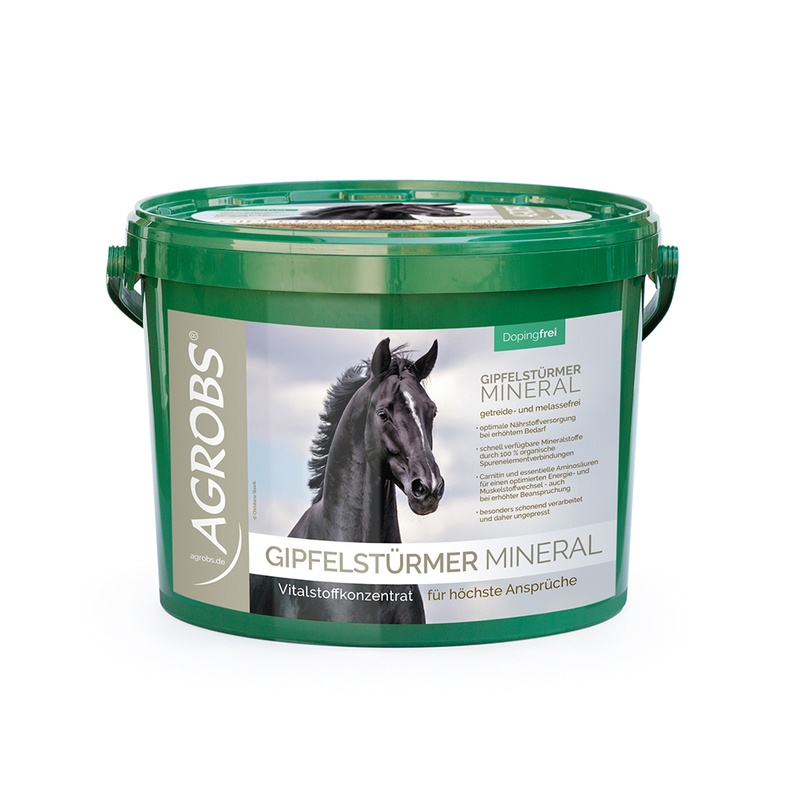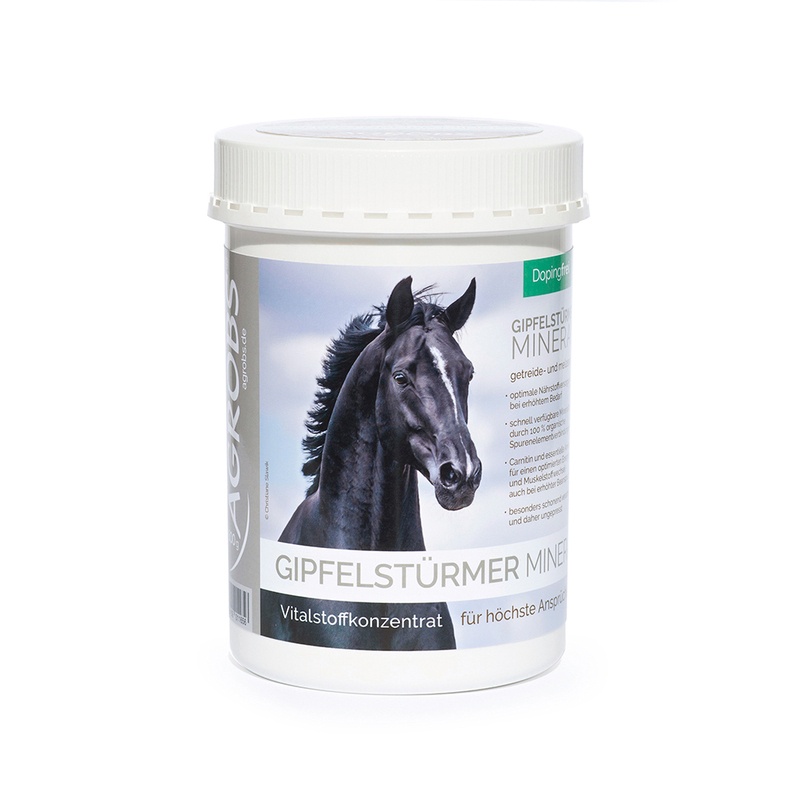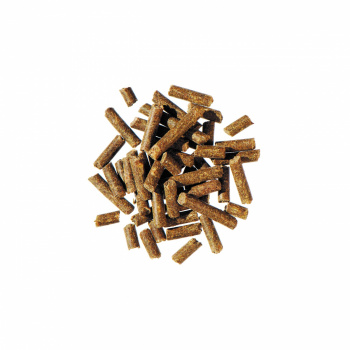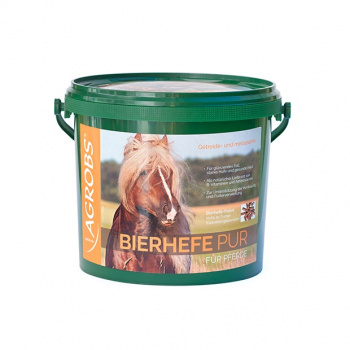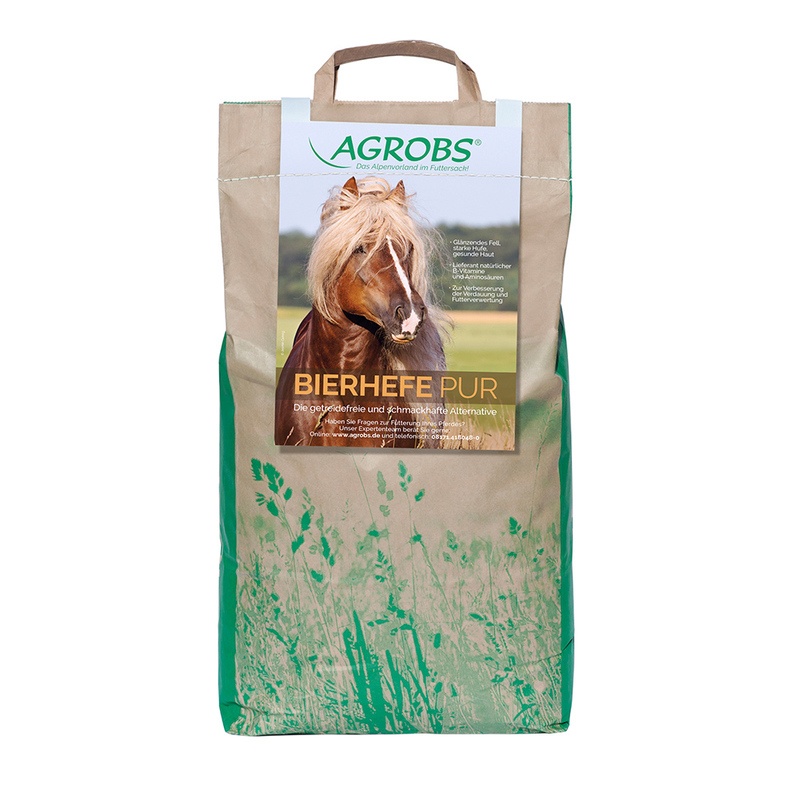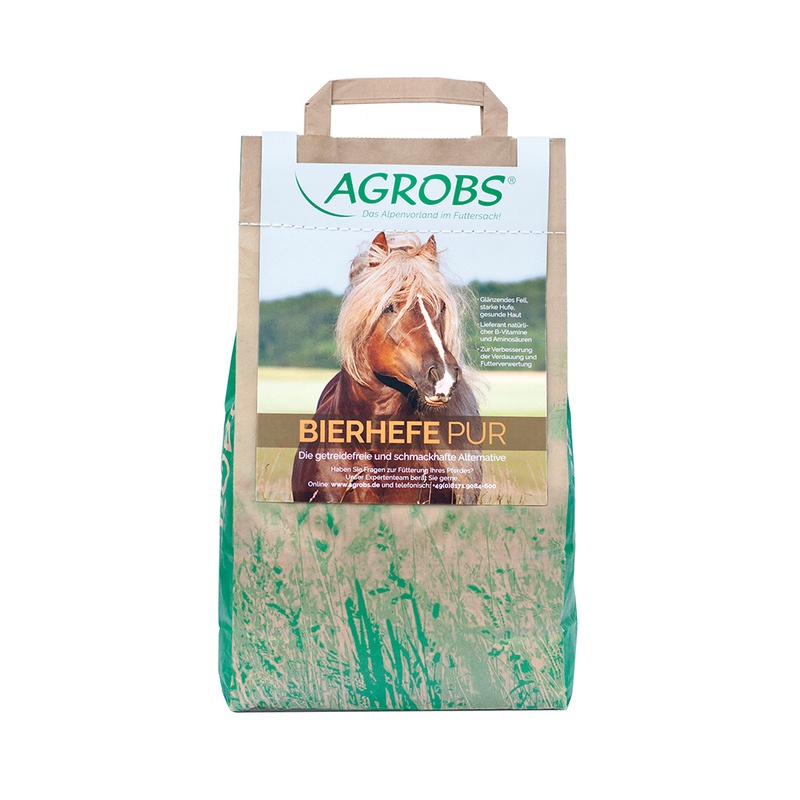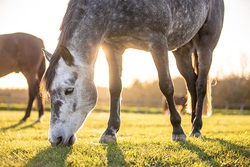
Immune system support
A well-functioning immune system is the best protection against diseases and external factors. A high-quality diet that meets the animal’s needs, good stable management, and the avoidance of stress are essential in maintaining a healthy immune system.
During the winter months, animals often don’t get enough exercise and fresh air. In poorly ventilated stables, they are especially susceptible to respiratory infections. If one horse falls ill, after only a few days many others may become ill as well. Poor hay quality can also have an impact on the immune system. If the forage is quite dusty or infested with mould, horses will respond with coughing or, worst case, with allergic reactions.
Make sure your horse has access to plenty of high-quality forage
During the winter months, your horse’s feed consists primarily of hay. However, fluctuating quality and underestimated feed ration quantities are not uncommon occurrences. Mouldy forage in particular can greatly affect the immune system. Damage to the lungs, gut or to detox organs like the liver and kidneys can also appear at a later time. By then, a correlation between poor-quality forage and the horse’s illness can no longer be proven. Make sure that your horse’s forage is of good quality.
Here you can also make use of good hay replacers as alternatives! Use products like AlpenHeu, Pre Alpin® Aspero, Pre Alpin® Compact or our Pre Alpin® Wiesencobs to supplement the daily forage ration. These products contain high amounts of grasses and herbs and deliver natural vital substances that help to keep your horse healthy.
Pay attention to gut health
It’s long been known that an intact gut milieu can defend the body against germs, viruses and bacteria. Even more than that – due to its countless microorganisms, the gut microbiome is considered central to good health. A problem here can have ramifications for the horse’s overall health. High-carbohydrate, low-fibre concentrates, mouldy forage, stress, or even certain medications can disturb gut bacteria. This is why it’s so important to optimise the horse’s forage and concentrate rations, stabling, and exercise.
A cereal-free and high-fibre complementary feed that we can recommend here is our AlpenGrün Mash. AlpenGrün Mash has prebiotic properties for supporting bowel activity. Its mucilaginous substances support the stomach and intestinal epithelium. AlpenGrün Mash helps to boost your horse’s general well-being. The inactive yeasts in our Bierhefe pur promote healthy bacterial growth in the bowel. In addition to its prebiotic properties, Bierhefe pur also contains natural B vitamins and amino acids.
Make sure your horse is getting the minerals it needs
Another important building block in equine nutrition, but especially in a strong immune system, is a good mineral feed.
If your horse isn’t getting important minerals or vitamins, this deficit can have negative impacts over time. That’s why your horse’s feed should include minerals. Vitamins A, B and C and the trace elements zinc and selenium are especially important for a well-functioning immune system. Zinc should be given special consideration. It is proven to be an important co-factor in the creation of white blood cells. It also assists in the development of new mucous membranes and thus in maintaining protection against pathogens. For immunocompromised horses it can help to choose a mineral feed that’s high in zinc or to give them intense regimens with our Zink pur as a supplementary mineral feed. Other options for mineral feeds with higher amounts of zinc are our Seniormineral and our Gipfelstürmer.
Equine fitness with herbs
Specially formulated herbal mixes are an easy way for horse owners to boost their horses’ well-being and overall health. BERGSIEGEL Herbs for general health is a select mix of herbs and contains native vitamins including vitamin C to promote and strengthen the immune system.




